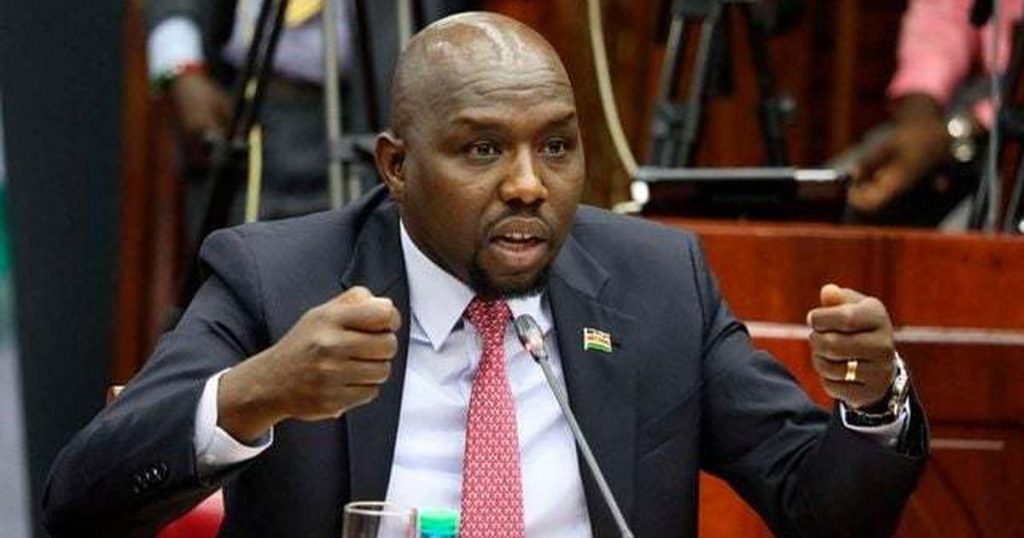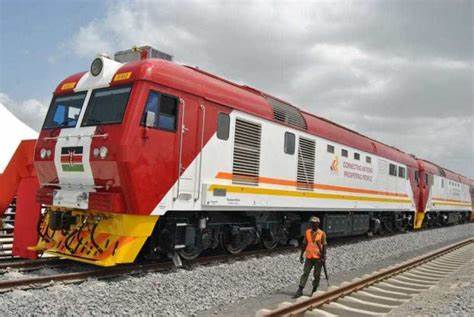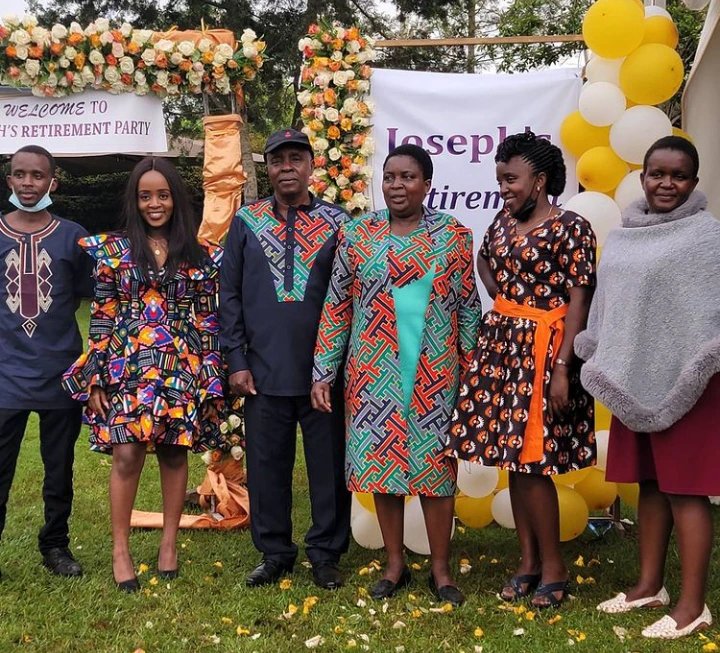Documents disclosed by the government after years of secret have revealed that the Standard Gauge Railway (SGR) contract signed by Kenya grants its Chinese financiers broad authority, including the requirement that any disagreement be arbitrated in Beijing.

Kenya was required to keep the terms of the deal under wraps by the contract, which assisted retired President Uhuru Kenyatta in constructing what was Kenya’s most expensive infrastructure project. For this reason, authorities, including the former Head of State, refused to make the contract public even after a court order.
After years of rumors about what the nation signed, the deal was yesterday made public by Kipchumba Murkomen, Cabinet Secretary for Transport and Infrastructure.
“As promised I have released the SGR agreements to the people of Kenya. I have given a copy to the Majority Leaders Kimani Ichungwa and Aaron Cheruiyot for them to table in the respective Houses of Parliament. I have also shared a copy with the media,” CS Murkomen posted on social media.
Lawyer Ahmednassir Abdullahi commended the CS for ‘keeping his word’.
“Thanks Waziri for keeping your word. Can we now have the beneficial owners of the Expressway way too?”, Abdullahi wrote on Twitter.
The contract shared by Murkomen today.
In the document that leaked in 2020, inflating of costs was a major issue.
The 44-paged Section 13 Appendix A: Non-Binding Bill of Quantities area.
The prices of basic commodities were raised to levels unprecedented for example a mere bench cost Sh180,000. The prices were quoted in United States Dollars (USD) and the conversion rate for the below section will be USD 1 for Sh100.
A battery forklift that costs about Sh900,000 was bought at Sh1.37 million.
Acetylene cylinder normally worth Sh5,000 was purchased at Sh38,040.
A good lighting arrester retailing for between Sh500 and Sh3000 was sold to Kenya at the price of Sh11,680.
The Chinese company, China Road and Bridge Corporation (CRBC) signed the contract with the Kenya government, National Treasury.
Digital voice recorders cost as little as Sh2,000 in Nairobi. These small costs here and there multiplied by the number of gadgets being bought added up to billions of shillings.
CRBC also billed Kenyans Sh38 million to install a passenger guiding system, Sh14.6 million for each security system at the railway stations, Sh26 million for each luggage inspection system and Sh14 million for passenger monitoring systems at the stations.
The company also said it bought 46 A3 laser printers at Sh513,700 each for use at the stations during construction. The Nairobi station received five of these printers. These printers currently cost between Sh40,000 and Sh75,000.






